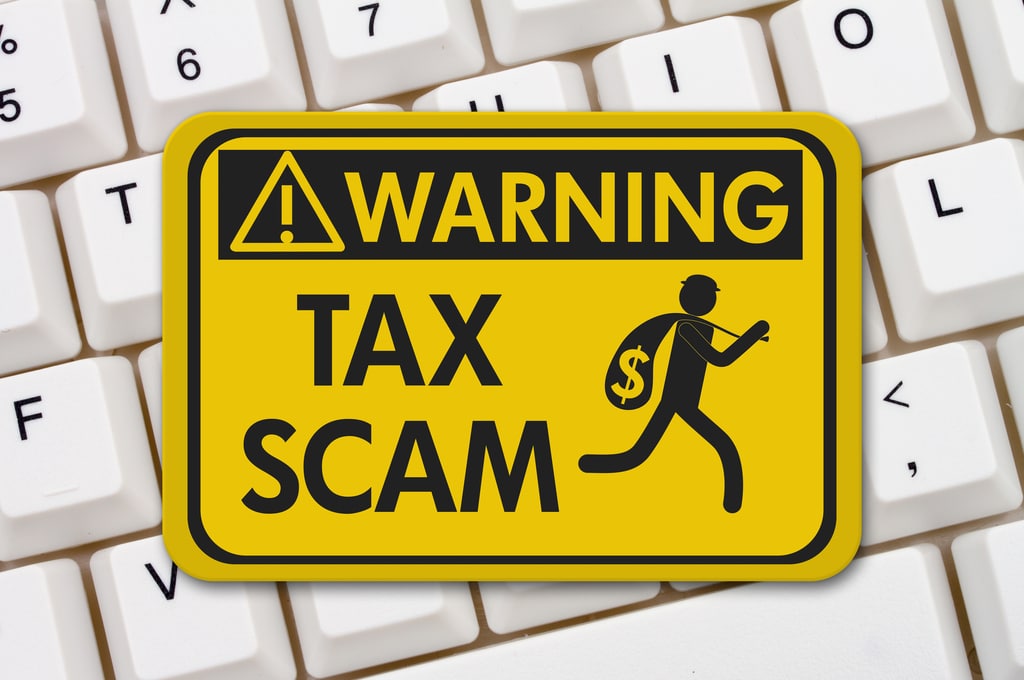Tax season can be a prime time for scams, as individuals may be more vulnerable to unsolicited phone calls, emails, and mailings. Scammers may pose as IRS agents and demand immediate payment, threaten arrest or legal action, or request personal information. To avoid falling victim to tax scams, it is important to be aware of common tactics and to take steps to protect your personal and financial information.
In this post, we will explore the most common tax scams, provide tips on how to avoid them, and discuss what to do if you suspect you have been targeted.
Phone Scams
In phone scams, callers posing as IRS agents demand immediate payment over the phone. The caller may threaten arrest, legal action, or deportation if payment is not made immediately. It is important to note that the IRS will never call you demanding immediate payment or threatening arrest.
Email Scams
Emails claiming to be from the IRS and requesting personal information. The email may contain links to fake websites that look like the official IRS website. The IRS will never send an email requesting personal information.
Mail Scams
Mail tax scams are fraud attempts where scammers send letters claiming to be from the Internal Revenue Service (IRS) and request payment. These letters may contain false or misleading information about the amount owed and how to pay. The letters may appear official and use language or logos similar to those used by the IRS. However, it is important to be vigilant and aware that the IRS will never initiate contact through mail requesting payment without first sending a bill.
IRS Impersonation Scams
Scammers posing as IRS agents request payment or personal information over the phone or in person. They may use fake badges, IDs, and other materials to appear legitimate. The IRS will never make an in-person visit to collect taxes or request payment.
Refund Scams
Scammers offer false promises of a large tax refund in exchange for a fee or personal information. These scams may target low-income individuals, the elderly, and non-English speakers. Never will IRS guarantee a refund amount before you file your taxes.
Fake Charities
Scammers may set up fake charities to collect money from unsuspecting donors. These fake charities may use names that are similar to legitimate charities. Always check the charity’s legitimacy by using the IRS’ Exempt Organizations Select Check tool.
Identity Theft
Tax scams can also lead to identity theft, which can have serious consequences for your finances and credit. Be vigilant in protecting your personal information, including your Social Security number, date of birth, and bank account information. Make sure you place a freeze on your credit report to prevent unauthorized access to your credit report.
Protect Yourself
Do not give out personal information over the phone, through email, or through the mail unless you are sure of the source. Also, Verify the authenticity of any contact from the IRS by calling the official IRS hotline. In addition, report any suspected scams to the Treasury Inspector General for Tax Administration (TIGTA) by filing a report on their website.
It’s important to be aware of tax scams during tax season and to take steps to protect yourself from these scams. Do not give out personal information, verify the authenticity of any contact from the IRS, and report any suspected scams to the authorities. By taking these precautions, you can avoid falling victim to a tax scam and protect your money and personal information.
